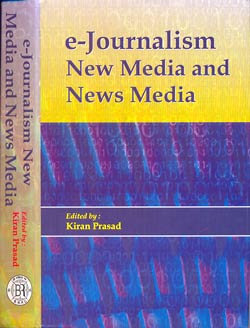Gothenburg.
The last keynote at AoIR 2010 is by the fabulous Nancy Baym, whose recent work has focussed especially on the Swedish independent music industry. Nancy’s based in Kansas, but is now well connected with the Swedish music scene – and that’s just one example of the international cultural interconnections which we’re now seeing.
Her initial interest in Swedish music stems from exposure to independent music stores in the US which import overseas music; most of these stores are labours of love rather than significantly successful commercial enterprises – and they are now also selling music back to Sweden, in …

 First, with a chapter on "
First, with a chapter on "










